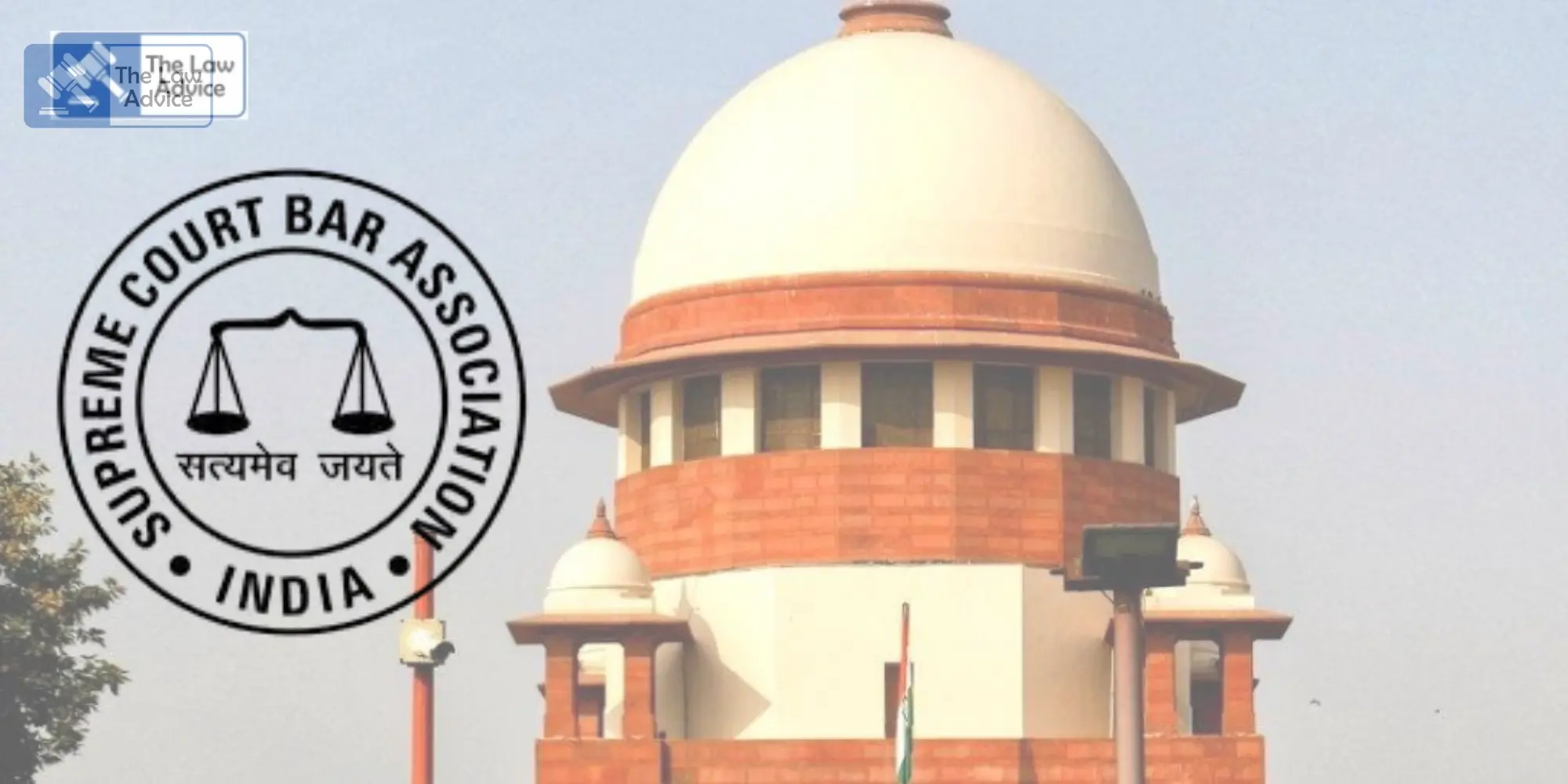The Supreme Court Bar Association (SCBA) has approached the Supreme Court seeking urgent judicial intervention over reports that women sanitation workers at Maharshi Dayanand University, Haryana, were allegedly subjected to humiliating “period checks” to confirm if they were menstruating. The petition calls for a detailed inquiry by the Union Government and the State of Haryana and requests the framing of comprehensive guidelines to protect the menstrual dignity, health, bodily autonomy, and privacy of women in workplaces and educational institutions.
According to the plea, the incident occurred on October 26, when three sanitation workers were summoned to duty on a Sunday for the Haryana Governor’s visit. Despite being unwell due to menstruation, they were forced to work and allegedly asked to provide proof of their condition. The workers’ written complaint to the University Registrar claimed that their supervisors demanded photographic proof of menstruation by instructing them to send pictures of their sanitary pads. The women were reportedly verbally abused, humiliated, and coerced into compliance.
The SCBA submitted that such conduct represents a gross violation of women’s constitutional rights to dignity, privacy, and bodily integrity under Article 21, stressing that these incidents reflect systemic disregard for women’s health and autonomy. The petition emphasised that unorganised women workers deserve humane working conditions that respect biological differences and provide relief during menstruation, rather than subjecting them to invasive scrutiny.
Citing similar instances, the SCBA referred to a recent The Hindu report titled “Girls Made to Strip for Menstruation Check: Thane School Principal, Another Staffer Arrested”, where girls from classes 5 to 10 in a Maharashtra school were allegedly called to a hall and made to prove they were not menstruating. The petition argued that such practices—occurring across institutional settings—“strip women and girls of their dignity and fundamental rights.”
To reinforce its plea, the SCBA relied on landmark judgments:
• K.S. Puttaswamy v. Union of India (2017) – affirming the right to bodily privacy.
• Suchita Srivastava v. Chandigarh Administration (2009) – recognising reproductive autonomy.
• Vishaka v. State of Rajasthan (1997) – mandating safe workplace conditions for women.
• In Re: Rape and Murder of Trainee Doctor in Kolkata (2024) – where the Supreme Court acknowledged how patriarchal biases compromise women’s safety at work and underscored that ensuring safe conditions is integral to equality of opportunity.
The SCBA urged the Court to formulate binding “Menstrual Dignity Guidelines”—on the lines of the Vishaka Guidelines—to prevent invasive or degrading treatment of women during menstruation and to institutionalise mandatory awareness programmes, standard protocols, and grievance mechanisms across public and private workplaces as well as educational institutions.
The petition was drawn by Advocates Sadhana Madhavan and Karishma Maria, settled by Senior Advocate Aparna Bhat, and filed through Advocate-on-Record Pragya Baghel.
Case Title: Supreme Court Bar Association v. Union of India & Anr.
Case No.: Writ Petition (Crl.) No. ___/2025
